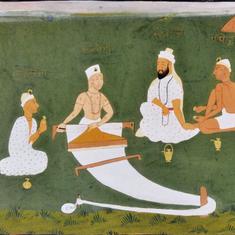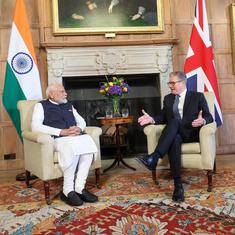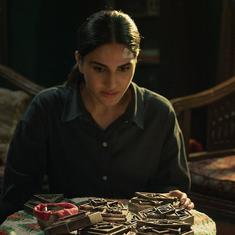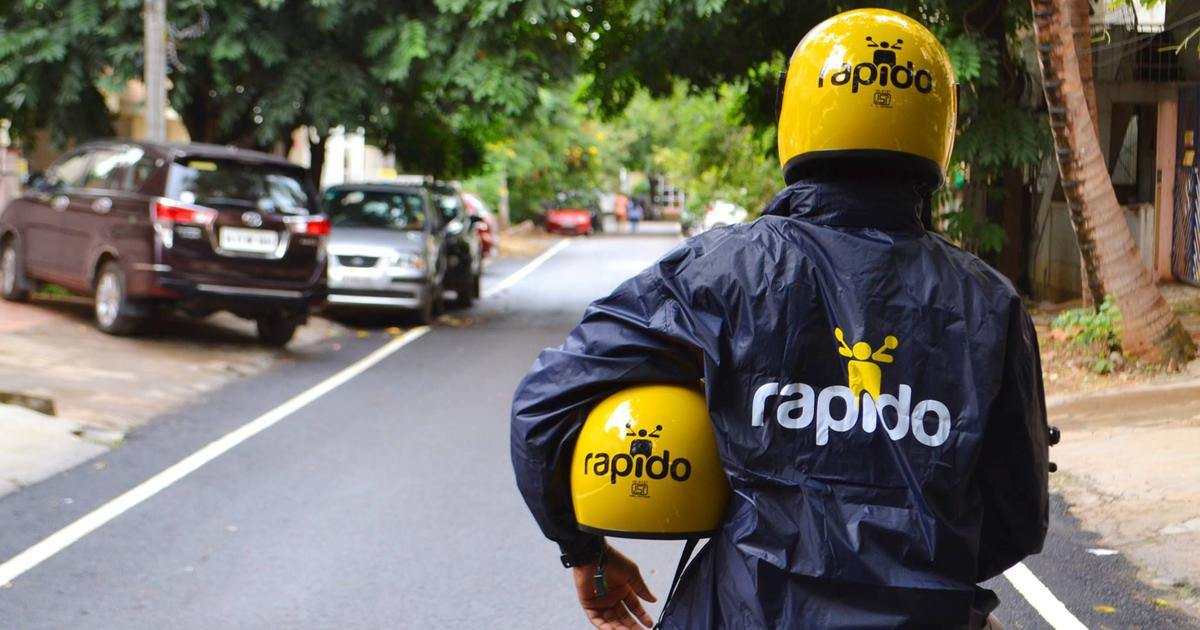Women’s perception of safety or risk in a public place is partly fed by media hype about the extent of the prevailing danger in that place and partly by cultural norms that dictate that women should be under a watchful eye. Feminist mobility scholars argue that the tracking feature of ridehailing apps feeds that narrative of the helpless woman whose every move must be monitored. In Nepal, where attitudes to women’s dress and movement are relatively liberal, women passengers sharing their rides with family members is an individual choice, not a default practice, like in Pakistan.
Besides, for some women, the presence of an unknown driver, especially at night, negates the advantage that GPS tracking provides. Bhavya, who is 25, an IT professional living in Secunderabad, parties every weekend. A bunch of her girlfriends go together to the venue but prefer taking one of their family cars accompanied by a driver. Their families feel safer knowing that they are in a known vehicle.
In the daytime, it’s fine to go by cab; there are people around, but if it’s later in the night and I have to travel a longer distance, I would rather travel with someone I know, like a personal driver. If I take a cab at night, I would ask one or two male friends to accompany me. Because if I am alone and the cab driver goes into unfamiliar lanes, it makes me panic. I would have to switch on the live location and tell someone, I’m here; please keep tracking me. Or I would call someone and tell them all the details of my car or maybe even make a fake call to ensure the driver knows I have alerted people.
Bhavya takes the metro to work every day. But she uses an app to summon an auto for the first- and last-mile connectivity, i.e., going from home to the metro station and back. Despite travelling on the same beaten track every day, if the driver takes a different turn on a usual route, saying that it’s a shortcut to avoid the traffic, Bhavya’s antennae are immediately alerted, and fear starts to creep in. She would prefer it if he took the longer, familiar route than travel on an unknown road, even for a short distance.
“You read about things happening to women so often!” says Bhavya. “Someone was murdered, some girl was raped. A sense of panic immediately kicks in, knowing the victim was a woman. So, I’m always on alert.”
Ramya, a software engineer in Bangalore, admits to being scared one night while using an Uber. “It was late. We were returning from a party, and my two friends and I were sloshed. We didn’t get a cab for long, so after half an hour, one driver accepted, and we sat in the back seat. Suddenly, a friend of the driver hopped onto the passenger seat. It was horrifying because we were three girls out of our heads. We called a friend and he suggested we open an SOS app and keep it ready. So, we downloaded it and kept it on standby, ready to press the button to alert the police if something happened. That’s why I prefer personal cars on these occasions.”
Farah, who is 17 and has just given her A levels (the equivalent of Class XII) in Peshawar, does not travel out of her city except on family holidays. But once, she went alone to Islamabad for a MUN (Mock UN) session.
Using Careem and inDrive apps, she felt safe in a new city because they picked her up and dropped her right at the doorstep. But on one of the rides in Islamabad, the driver started making small talk, making her uncomfortable. “He asked me which class I was in and if I was in school or college. I think this is unnecessary. InDriver drivers have called me, texted me and sent me pictures. Once, a driver tried to call me from two different numbers. I feel harassed, of course, so I block them. I wish companies would stop such behaviour,” says the cherubic teen.
But that will not stop her from using transportation apps prolifically because she feels that by doing so, she will benefit Pakistan’s shaky economy as drivers get a chance to earn something. “And I hope they take on more women drivers. I heard they are already there in cities like Karachi and Islamabad. If there are more women drivers, more women will use such cabs, and we can also help get more women into jobs,” she concludes.
Bike taxis are popular because they are easier to navigate through dense traffic and are more affordable. But they are popular only with male passengers. As drivers are almost always male, women passengers are reluctant to sit pillion for various reasons.
Bhavya always uses a cab to reach the metro station, from where she takes a metro to her workplace, although Uber, Ola and Rapido also have autos on their platform.
“Okay, it’s a girl thing,” she explained. “You don’t want your face getting dusty with all the pollution and hair getting messed up in the wind when you ride an auto.”
Apart from aesthetics, women avoid bike taxis because of social censure about physical proximity to a male stranger. In Indonesia, ride-hailing leader GoJek’s bikes are rarely hailed by women, prompting an entrepreneur to start a women-only service called Ojek as a parallel option.
Drivers are sometimes more worried about stricture than female passengers are. Zia, a lawyer in her early twenties in Karachi, wants to travel by bike taxi, but drivers refuse to take her on as a passenger and cancel the rides she books.
Riding pillion on a bike with a stranger can sometimes be precisely how moms imagine it, as Aruni, who is twenty-seven and works in a private audit company in Colombo, discovered one day.
I go by train from home in Negumbo, on the outskirts of Colombo, to the office, and to reach the train station, I take an Uber or PickMe. Before the economic crisis, I always took a tuk-tuk. Lately, tuk-tuks have been a little too expensive because of fuel price hikes in Sri Lanka. So, I started taking a bike taxi to the train station. A Dutch girl interning in my office introduced me to it since, in their country, travelling on bikes and bicycles is very typical, though for Sri Lankans, it is not. When I started taking the bike taxi, all my friends at the office advised me against it. I didn’t tell my parents, although I live with them, fearing they would talk me out of using bikes. But it is much cheaper than a tuk-tuk, so it made sense to me to continue with it. At first, it was scary because of the traffic, but soon, I got accustomed to it.
Then, I had a very uncomfortable experience with a bike driver one day. I had worked late that day and left the office around 6.30 pm. I needed to get some shopping done, so I went to Majestic City Mall. I realised I had stayed longer than intended in the mall, and it was getting late. I hurriedly booked a bike ride using the app. When the guy arrived, he looked at me, smirked and said, “Not many girls take bike taxis.”
While riding to the train station, he kept asking me personal questions. He asked me where I lived, and I lied and told him I lived in Colombo. Then he became more inquisitive and asked me why I was going to the train station if I lived in Colombo. I lied again and said I would take the train to Galle (a city two hours away in the south).
He asked me my age and marital status, and I lied about everything, making up random stories in panic. I think he saw through them. He disclosed to me that he was divorced from his wife. You might wonder why I put up with him for so long and entertained his questions. My main goal was to keep him engaged just enough until I reached my destination. I was also worried that if I offended him in any way, he would hurt me somehow. So, I kept engaging with him.
Then, on the way, he asked for my mobile number. I hesitated to reply, and he asked me if I was scared. I tried to put up a brave front and said “no” Ieven though I was very uncomfortable. I told him I would give him my phone number when we reached the station. Then it came. He asked me if I would like to go out with him when I returned from Galle. I told him I was unsure of my plans and could not say yes. He again asked for my phone number when we reached the train station.
Since the payment was made online, I did not have to interact with him further, so I ran into the train station. I usually rate my drivers five stars, even if they are not the best. But for this guy, I gave only one star. I did not even bother to complain because app companies take incidents like this lightly. And they never respond. It would have been a wasted effort anyway.
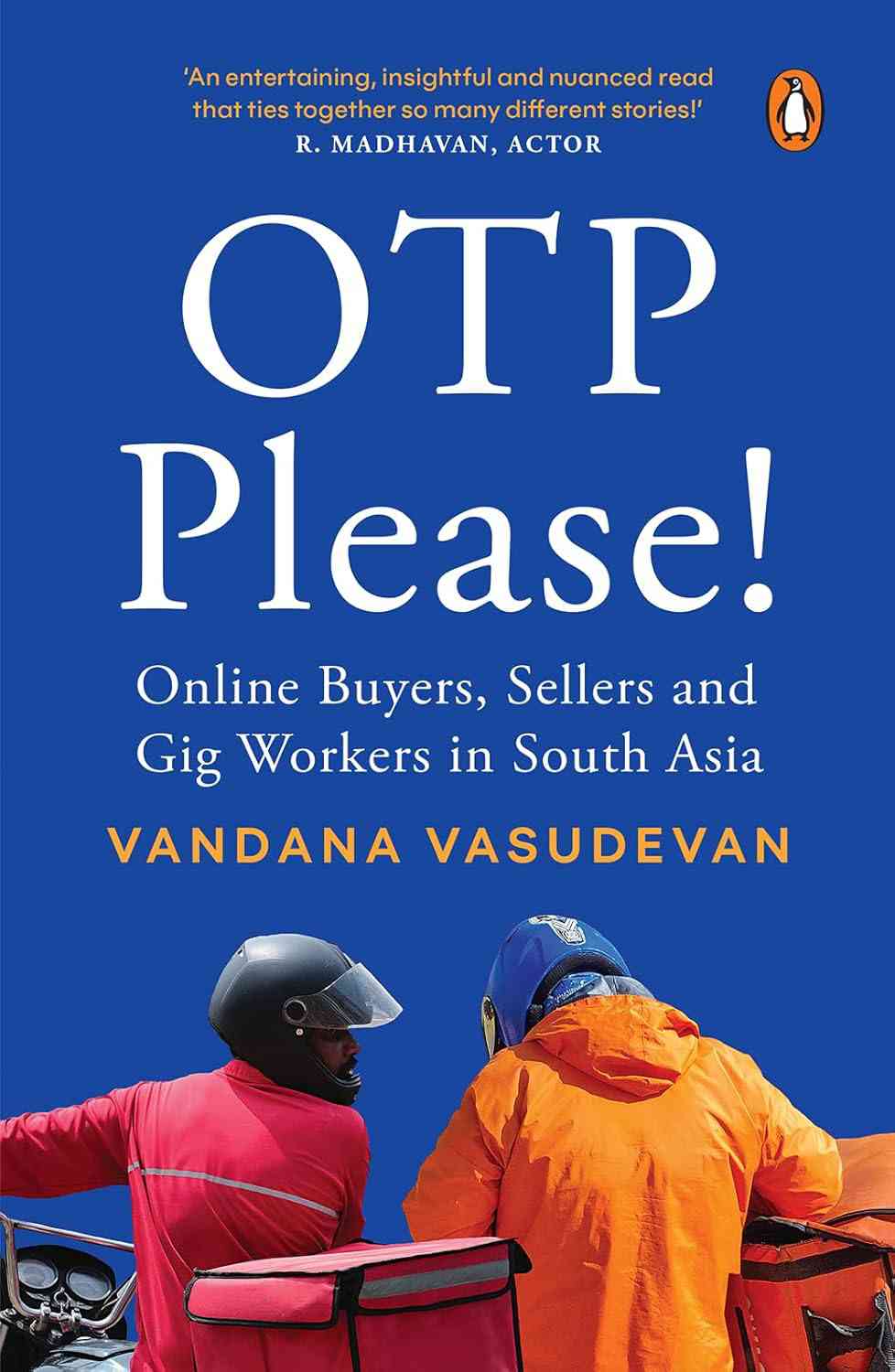
Excerpted with permission from OTP Please!: Online Buyers, Sellers and Gig Workers in South Asia, Vandana Vasudevan, Penguin India.

